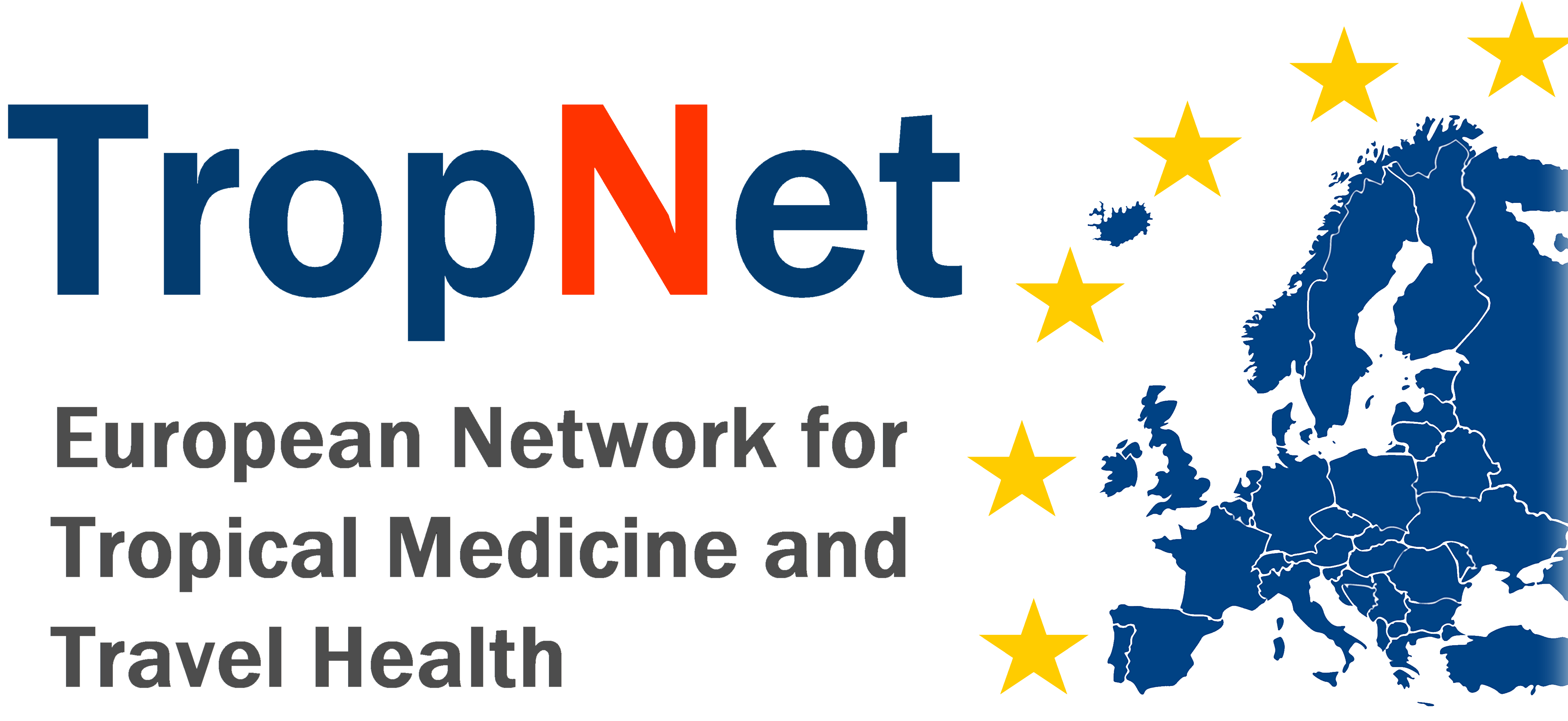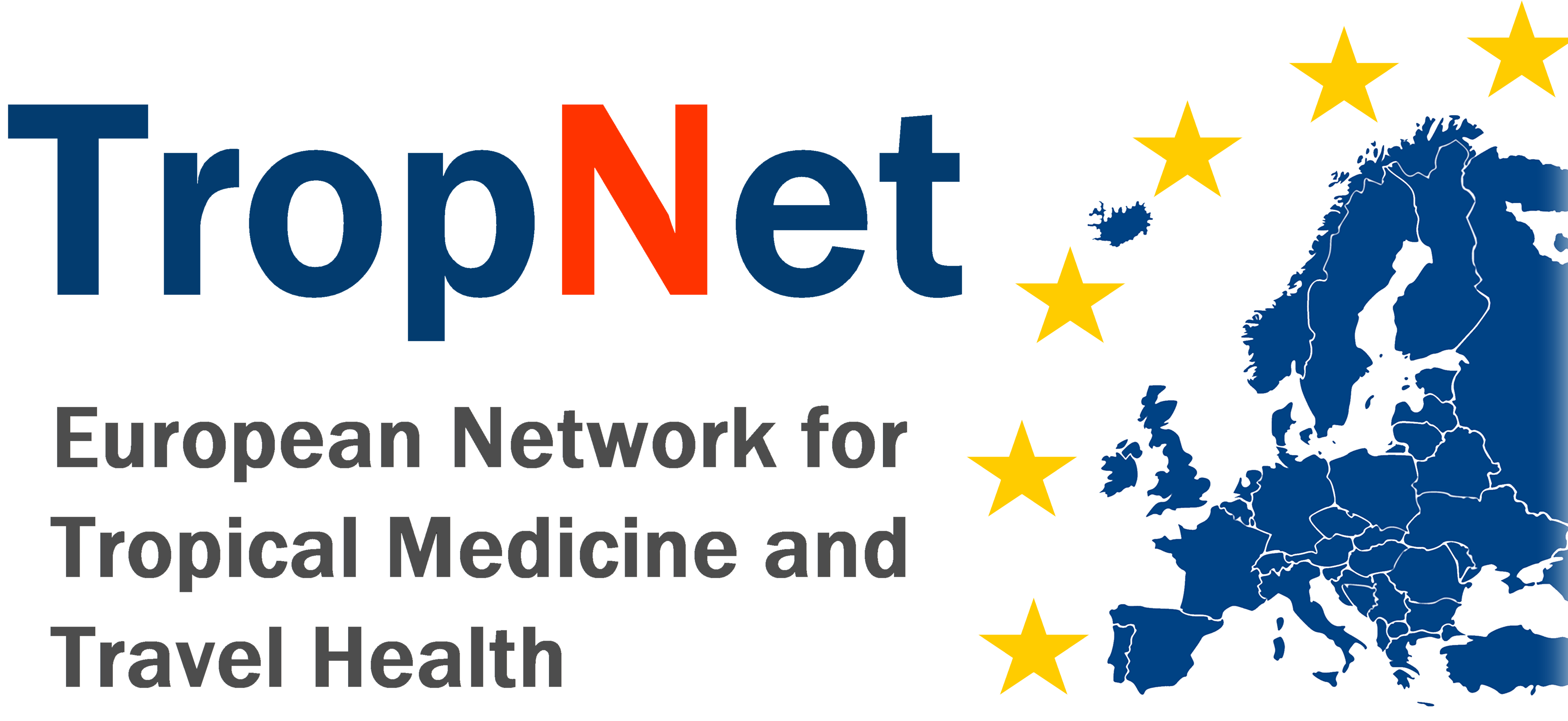Last Updated on
The epidemiology, treatment, and outcome of severe malaria in Europe
This project is now closed and data is analysed. Two successor studies are currently designed and set up.
Background
Around 800 to 1000 cases of imported P. falciparum malaria per year are reported to the TropNet sentinel surveillance system. A significant number of these patients have severe malaria, but exact figures are unknown since national and international notification systems for cases of imported malaria do not allow to discriminate between cases of severe vs. non-severe malaria. As a consequence, systematic data on the number of non-immune and semi-immune patients treated for severe malaria in Europe or in other industrialized countries under high-resource intensive-care conditions is not available.I.v.- artesunate has been shown to be a safe and effective treatment for severe malaria in large multicenter trials in Asia. Artesunate is not licensed in Europe for this indication, but plays an increasing role for the treatment of patients particularly with an initially high parasite burden where it has been shown to be superior in terms of survival in patients in Asia.
Objectives
The systematic data collection on cases of severe malaria treated within TropNet Europ will allow
- to obtain an overview of all treatment practices for patients with severe malaria across Europe
- to assess systematically the rate of occurrence of complications and short- and long-term survival for severe malaria under treatment in a resource-rich setting
- to evaluate different forms of treatment with regard to the occurrence of adverse reactions and outcome
- to compare treatment data in Europe with treatment outcomes in other countries and resource-poor settings
- to screen treatment data for the occurrence of adverse reactions to antimalalarial drugs
- to monitor the use of i.v.-artesunate
- to finally harmonize treatment practices and to give recommendations for the treatment of severe malaria in Europe
- to provide a framework for research and study of new treatment approaches for severe malaria
Study population
The study population consists of all patients with demonstrated P. falciparum infection reported to TropNet Europ using the standard reporting procedures and who meet at least one of the WHO criteria for classification as “severe” or “complicated” malaria.
Study design
The study will be conducted as a prospective observational study within the TropNet Europ network (www.tropnet.net). The study does not include an intervention nor does it have any influence on individual patient treatment, the responsibility of which solely rests with the treating physician.
Inclusion criteria:
Patients reported to TropNet Europ with confirmed P. falciparum infection and who meet the WHO criteria (2006) for classification as “complicated” or “severe” malaria.
Exclusion criteria:
- Patients who withdraw or cannot give consent for data transmission to TropNet if the local ethical committee for the TropNet site requires an individual informed consent before data transfer to TropNet.
- Patients with no reported basic data set reported to TropNet.
Treatment:
The treatment remains the responsibility of the individual physician. The study has no influence on patient treatment or treatment allocation.
Drugs and dosages:
For reasons of patient safety and for standardization diagnosis and treatment procedures, adherence to the WHO guidelines for the treatment of malaria is recommended (see “Guidelines for the treatment of malaria, WHO, Geneva, 2006. Available from ![]()
![]() http://www.who.int/malaria/docs/TreatmentGuidelines2006.pdf). These recommendations are however not binding for participating physicians.
http://www.who.int/malaria/docs/TreatmentGuidelines2006.pdf). These recommendations are however not binding for participating physicians.
End points:
The primary end point for evaluation of treatment practices will be the 28-day survival rate. Secondary endpoints include the occurrence of malaria-associated complications as well as the occurrence of adverse drug reactions.
Study period / time frame:
Data collection started on 8 October 2007. There is no defined end of the data collection period.
For more information please visit: ![]() http://www.artesunate.info/
http://www.artesunate.info/

